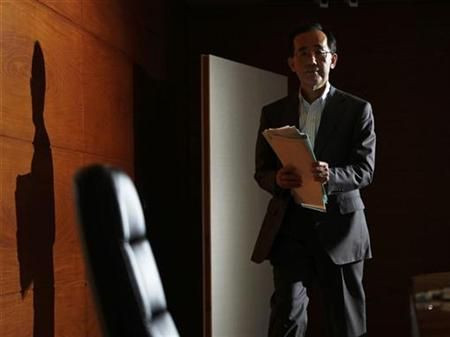Japan sees bleak export conditions

Japan's economic recovery seems to be pausing, though there are signs of a moderate recovery, the Bank of Japan (BoJ) said in a statement on Wednesday.
Japans's economy recovery has been struggling since October when much of benefits and positive factors seen earlier in the year evened out or stopped. Exports have been flat, housing investment has leveled out and corporate profits have begun to grow at a slower pace.
Unemployment continues to be high but the severity seen in employment and the income situation has eased somewhat, the report said.
As for private consumption, demand for some goods has suffered a reverse after the sharp increase seen previously, the report added.
Reflecting these developments in demand both at home and abroad, production has recently declined slightly and business sentiment has also been somewhat weak, particularly in the manufacturing sector, the report said.
Japan's economy has been fighting deflation since 1998. Though there was slight inflation seen in October for the first time in 24 months, most economists believe that this would not be sustainable. The economy has actually seen inflation turn positive on several occasions in the past, mainly due to food or energy price increases.
The central bank announced on Tuesday that it continued to keep interest rates between zero and 0.1 percent, as the recovery seems to be faltering and the Japanese yen grows weaker against the dollar.
Japan continues to bank on the global economic recovery for demand to improve and relies less on domestic demand.
The BoJ said exports are likely to remain more or less flat for the time being, but expects a moderate increase, reflecting the improvement in overseas economic conditions.
The yen has remained weak against the dollar and the euro for the past month. The currency fell against 9 or its 16 major counterparts on Wednesday morning.
While business investment will become more pronounced as corporate profits improve, the pace will remain moderate with the firms' persistent sense of excessive capital stock, the bank said.
In these circumstances, production is expected to increase, after showing temporary weakness primarily in durable consumer goods, the bank added.
Domestic demand, meanwhile, remains shaky even as consumer prices, including fresh food, fall on a year-on-year basis due to a slack in the economy. A rise in international commodity prices is expected to drive up corporate goods prices moderately.
© Copyright IBTimes 2025. All rights reserved.





















